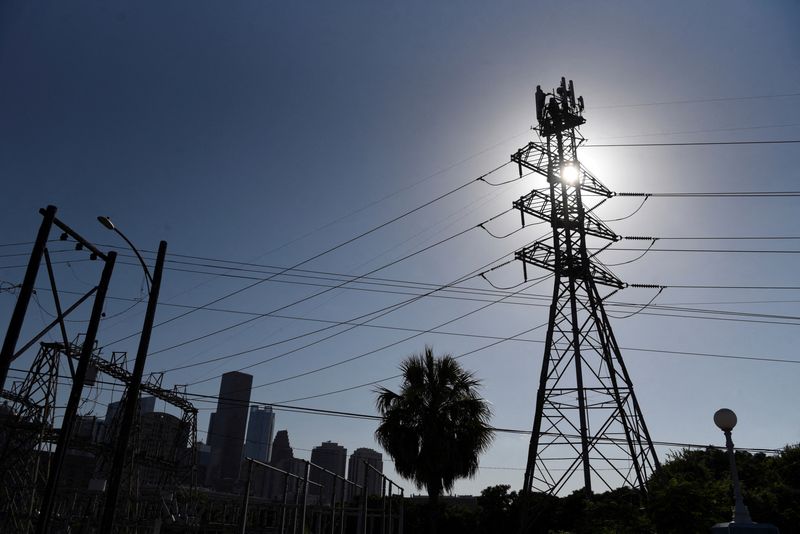NEW YORK (Reuters) – A group of five governors on Tuesday urged PJM Interconnection, the largest U.S. grid operator, to change the process it uses to determine the price paid to power plants after record-high prices awarded in its last auction.
The most recent PJM capacity auction resulted in prices that were nearly 10 times the previous year, with results attributed largely to shrinking power supply and rising electricity demand.
The prices raised concerns about swelling power bills for everyday homes and businesses in the grid operator’s territory, and led environmental groups to file a complaint against PJM’s process to determine its prices.
The capacity auction results will cost homes and businesses in the 13 states and the District of Columbia that are served by PJM $14.7 billion, the governors of Pennsylvania, Illinois, Maryland, New Jersey and Delaware said in a letter to the grid operator.
“Urgent action is needed to prevent customers from paying billions more than is necessary,” the group said.
Those governors implored PJM to broaden the number of power plants in its auction to increase available supply calculations used to determine prices, encourage more renewable power generation and lower the capacity price cap, among other requests.
PJM has asked regulators to delay its 2026/27 auction by about six months to address the complaint against it. The group of governors said they supported the delay.
The grid operator said it had continuously warned that government policy measures aimed at shifting away from fossil-fired power generation, before adding new clean electricity generation, could result in a supply crunch.
“Our state leaders are critical voices and we appreciate their input as we work to balance the need for an investment signal for new generation with the need to keep prices affordable for consumers,” PJM spokesman Jeff Shields said in an email. “Our states also play a critical role in the policy choices they make that directly impact supply and demand on our system,” he added.



